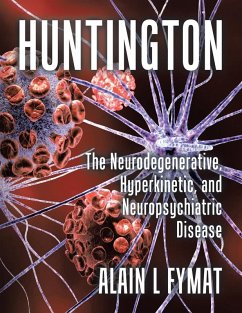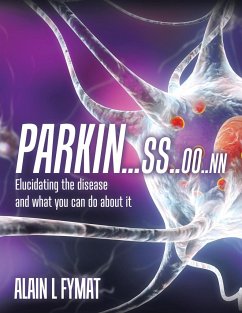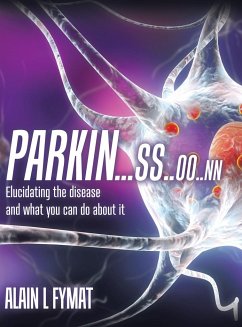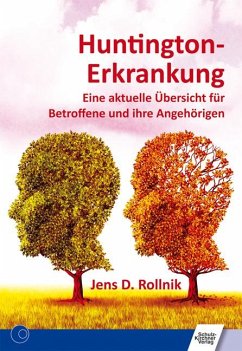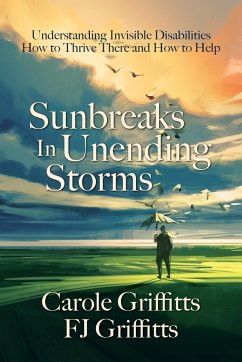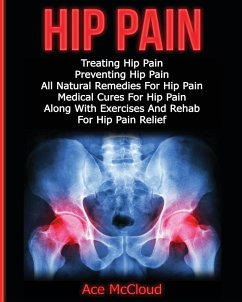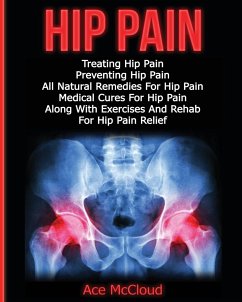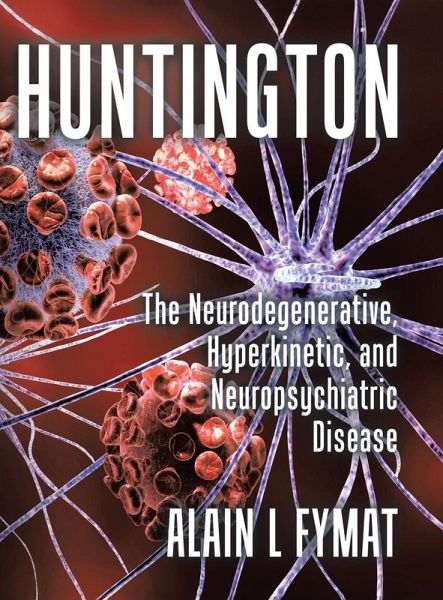
Huntington
The Neurodegenerative, Hyperkinetic, and Neuropsychiatric Disease

PAYBACK Punkte
79 °P sammeln!
Huntington's disease is a rare inherited, progressive, incurable, and fatal neurodegenerative disorder of the central nervous system. It affects muscle function and further leads to cognitive decline and dementia. It can present at any time in people during their life span. Symptoms may vary from person to person and usually appear in people who are in their 30s or 40s, but also earlier in life and even in children younger than 10. Most symptoms can be classified under motor, behavioral, or cognitive categories. The disease is caused by a defective gene characterized by an excessive number of ...
Huntington's disease is a rare inherited, progressive, incurable, and fatal neurodegenerative disorder of the central nervous system. It affects muscle function and further leads to cognitive decline and dementia. It can present at any time in people during their life span. Symptoms may vary from person to person and usually appear in people who are in their 30s or 40s, but also earlier in life and even in children younger than 10. Most symptoms can be classified under motor, behavioral, or cognitive categories. The disease is caused by a defective gene characterized by an excessive number of trinucleotide (Cystosine-Adenine-Guanine) repeats - a part of the DNA code. The gene produces a protein of unknown function named Huntingtin, which is involved in the functioning of the nerve cells in the brain (neurons). When defective, the gene produces an abnormal (or mutated) Huntingtin protein that is toxic and causes selective loss of neurons. The pathogenesis of the disease remains, however, largely unclear so that the exact cause of neuronal death is unknown. Since each patient may have a unique combination of symptoms, there is no standardized treatment so that medication is prescribed on a case-by-case basis. Pharmacotherapy includes chorea medication, antipsychotics, antidepressants, mood-stabilizing medication as well as non-drug therapies. Side effects from medications can also affect each patient differently. Notwithstanding such approved therapies for specific disease symptoms, there is currently no cure and there are no approved drugs that delay the onset or slow disease progression. Fortunately, there are also many new therapeutics currently undergoing clinical trials that target the disease at its origin by lowering the levels of the mutant Huntingtin protein. In this book, I discuss the disease at length in its multiple facets and address the issue of its prevention and prognosis. I also consider what can be done about it and list the several available support and research organizations. Lastly, I review the current research and latest research developments in this subject.



